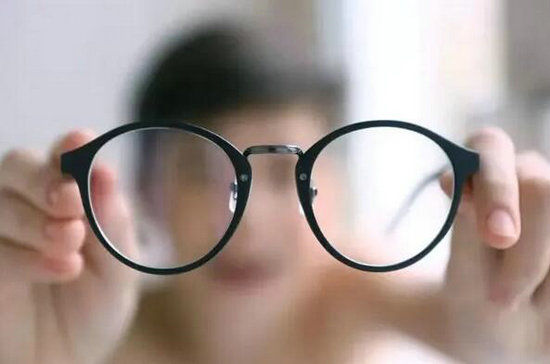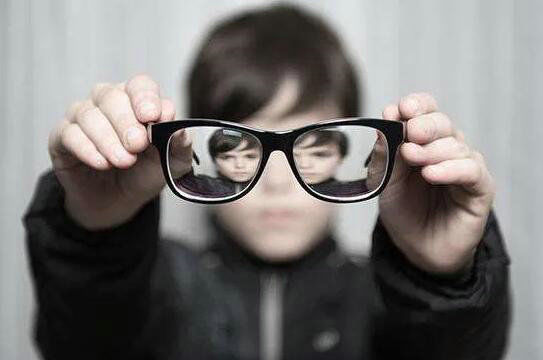Playing on the phone is fun for a while, but staring at the phone all the time, my eyes can’t be refreshed. Children, in particular, can become “little glasses” if they are not careful. Parents who are worried about their children, hurry up and increase the knowledge about myopia!

1. Will my myopia be improved if I insist on not wearing glasses?
Many parents believe that if myopia has not been worn without glasses, the degree will not develop and vision will be improved. This idea is incorrect. In principle, if a child is short-sighted and has poor uncorrected vision, he must wear glasses; if his uncorrected vision is better, and hisopia is less than 100 degrees, he can temporarily not wear glasses and observe regularly; for children with myopia of more than 100 degrees, use Wear glasses.
If myopia insists on not wearing glasses, it will accelerate the development of myopia. Children’s eyes have a strong ability to adjust. Myopic children do not wear glasses. When they see blurry far away, they will use their adjustment ability to see objects in the distance. If they do this for a long time, it will lead to visual fatigue and dry eye. And it will speed up the progression of myopia.
2.Is it true that the more you wear the glasses, the bigger the degree?
Many parents have a misunderstanding that the more myopia glasses are worn, the greater the degree. In fact, the increase in the degree of myopia is not caused by wearing glasses, but caused by the long-term use of the eyes at close range, and the visual fatigue caused by the increase in the axial length of the eye. Myopia glasses can provide myopic children with a clear vision, reduce visual fatigue, and slow down the development of myopia to a certain extent.

3. With myopia glasses, should the degree be smaller or smaller?
Some parents are worried about their children’s myopia and prefer low-correction glasses when they are wearing glasses. This approach is wrong. The principle of glasses is to choose the lowest degree when you can see clearly. The premise of this clear vision is that the visual acuity reaches 1.0. At this time, the adjustment of the eyes is the most relaxed and the vision is the most comfortable. If the vision can not meet this standard, will pay more attention to fatigue, resulting in the further development of myopia.
4. What are the correct ways to relieve myopia?
For children without myopia, the internationally recognized method is to increase outdoor exercise time, more than 2 hours a day, or at least 40 minutes of outdoor exercise can effectively prevent the occurrence of myopia. Outdoor exercise is also important for children who are already nearsighted. At the same time, scientific methods can be used for prevention and control, such as the use of orthokeratology lenses or low-concentration atropine eye drops, but each method also has its limitations, and you should listen to the advice of professional doctors according to your own situation.

5. Myopia does not need to be controlled, can it be done with laser surgery?
For juvenile myopia, the most important thing is to control its development and avoid the occurrence of high myopia or pathological myopia. High myopia can cause serious eye diseases such as glaucoma, fundus hemorrhage, and retinal detachment, and it has become the primary cause of blindness. Therefore, prevention and control of myopia in young people is very necessary. Laser surgery is a very mature and safe method for treating myopia, but it is only equivalent to making a pair of glasses on the surface of the eye, and cannot improve the condition of the fundus, so it can be understood that the surgery only helps us take off the glasses, not Myopia is cured.
6. Can myopia be cured?
At present, myopia cannot be cured. Once it is confirmed that it is true myopia, what we can do is to try our best to control its development and avoid further increase in depth and cause fundus lesions. Neither laser surgery nor lens surgery can change the condition of the fundus and thus cannot fundamentally cure myopia.
Author: Li Li, Director of the Department of Ophthalmology, Beijing Children’s Hospital Affiliated to Capital Medical University
Reviewed by: Wei Wenbin, an expert in the National Health Science Expert Database and Chief Physician of Beijing Tongren Hospital Affiliated to Capital Medical University
Data source according to Health China